Protecting the paint surface on vehicles has a long and distinguished history. But without a doubt, the most storied and commonly used substances for keeping paint protected from exposure and looking sharp is wax.
Car wax comes in several forms with unique application methods. When you simplify them – it breaks down into two, completely different products – a paste wax and a liquid wax.
While it’s assumed that a wax is a wax, comparing paste and liquid wax is apples to oranges. A paste wax is a natural product, while the liquid wax is lab created or synthetic. So, this introduces our topic today quite well – which is best for waxing your car – liquid or paste wax?
Let’s break down the facts about each product, explore the pros and cons for each, and ultimately, provide some tips for deciding which option is best for you.
What is Paste Wax?
Today’s word of the day is Copernicia Prunifera. Now, before you open another tab and Google it, let me provide a definition. Copernicia Prunifera is the scientific name for the Brazilian-based palm tree that secretes natural carnauba wax to protect those huge leaves.
The wax is “squeezed” from the leaves of this palm tree, processed, and is usually combined with bee’s wax or turpentine to form the final paste wax product.

It is applied by hand – where the paste substance is placed on an applicator pad, then rubbed in a circular pattern onto the paint surface. The paste wax is left to flash or harden for a few minutes, then buffed off with a polishing pad or microfiber towel.
You’ll typically find two types of natural carnauba paste wax. A yellow colored paste wax is the most natural product while a white paste wax is less concentrated and thus, not as expensive. Natural paste wax products will provide up to 3 months of protection.
What is Liquid Wax?
By definition, a wax is a diverse class of organic compounds made of malleable or lipophilic solids. As they are organic in nature, it means that synthetic or lab-created liquid waxes are not waxes at all.

It’s more of a synthetic polymer, that provides the same job of a natural car wax, forming a hard shell over a paint surface.
A liquid wax is sometimes confused as being a paint sealant, which can hold up to a year in some cases. But these are uniquely formulated with added polymers. Most liquid wax products have an expected longevity of six months.
How are Car Waxes Sold to the Public?
While automotive wax is either a paste or liquid form, there are different blends that car owners can choose – based on their desired results.
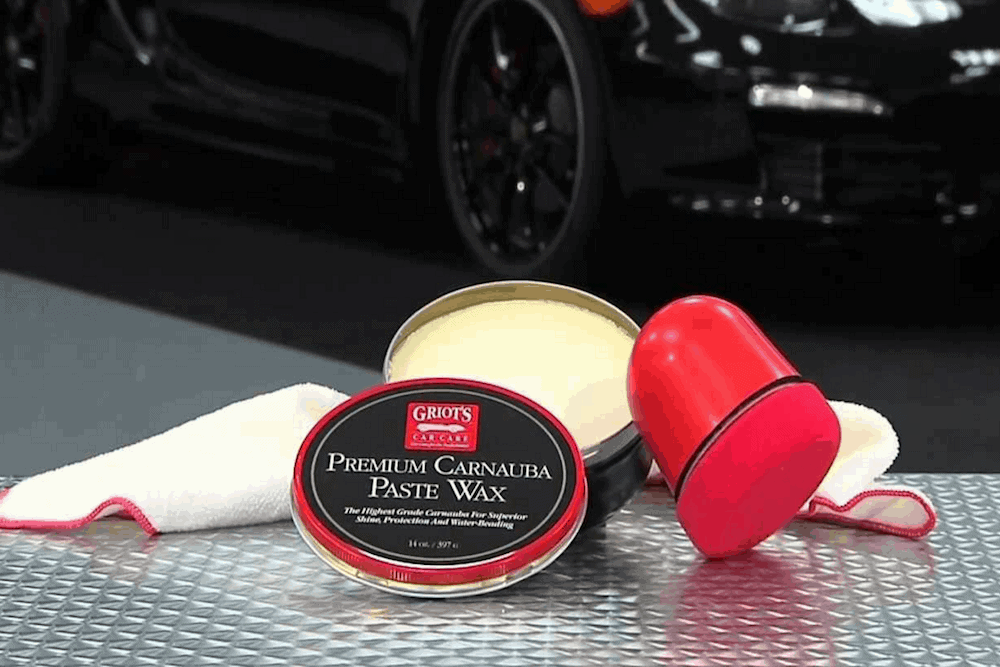
Paste Wax: I’m willing to bet that your dad probably has a can of paste wax in their garage. It’s been around for more than 50 years and is known for producing the deepest shine of the wax category of car care products. It’s sold in a can that makes it easy to rub the applicator on the wax.
Liquid Wax: The traditional liquid wax is sold in a tube or a squeezable bottle. The user will squeeze a small amount on an applicator pad and apply similar with a paste wax. It’s thick – like toothpaste.
Spray Wax: The spray wax is a liquid that is sold in a plastic bottle with a spray nozzle. The user will either spray the wax on the surface, or on a microfiber applicator pad or towel. The user will then rub the spray wax onto the surface as directed, and then buff off residual.
What Ingredients are Found in Car Paste and Liquid Wax?
We all love knowing what’s in the stuff we use – especially with car care products. While it’s assumed that a wax is just a single-sourced product, the truth might surprise you.
Different paste and liquid wax products include higher or lower percentages of some of these products.
- Carnauba Wax: This is the stuff that’s derived from the palm tree. It’s natural and organic, and the secret sauce that provides the protection.
- Beeswax: Found in honeycombs, beeswax is what helps carnauba wax adhere to paint.
- Natural Oils: Natural oils are emollients – that add luster, shine, and protection to the surface of paint’s clear coat.
- Synthetic Polymer: When you hear the term synthetic wax it means lab created silicones or plastics. This is the primary ingredient in paint sealants. It extends durability that carnauba wax lacks – but with much less shine.
- Petroleum Distillates: These solvents are broken down from crude oil and make the wax easier to apply and clean paint.
- Resins: These plastic-like substances are usually used in paint sealants (synthetic wax) that add to the formula to extend the durability of the product.
What Are the Pros and Cons of Paste and Liquid Wax?
If you’re going to invest with a high-quality paste wax as your paint protection solution, there are several Pros and Cons you need to consider.
Pros of Paste Wax
- Provides an exceptional shine. The natural oils in carnauba wax help to form protective shell that amplifies the luster of paint.
- Exceptionally Strong. When the natural wax cures, it does an amazing job protecting paint from UV rays, light scratches, and some chemicals.
- Natural solution. What can we add to this? I mean, if it’s good enough to protect palm trees in a tropical forest, imagine how it can work on your ride?
Cons of Paste Wax
- Can Be Pricy: There is a premium cost for natural made products. The same thing applies for natural paste or carnauba wax.
- Only Last a Few Months: While it’s quite durable – it wears thing rather quickly. In fact, paste wax will wear quicker the longer it sits outdoors.
- Is Time Consuming: Paste wax is the choice of car enthusiasts – mainly because the process is a part of the ownership experience. Applying natural wax takes time, but you also need to strip it, and reapply each time.
Pros and Cons of Liquid Wax
The top selling wax product used today is of the liquid variety. While they are generally easier to apply than their pasty cousins, there are some pros and cons to consider.
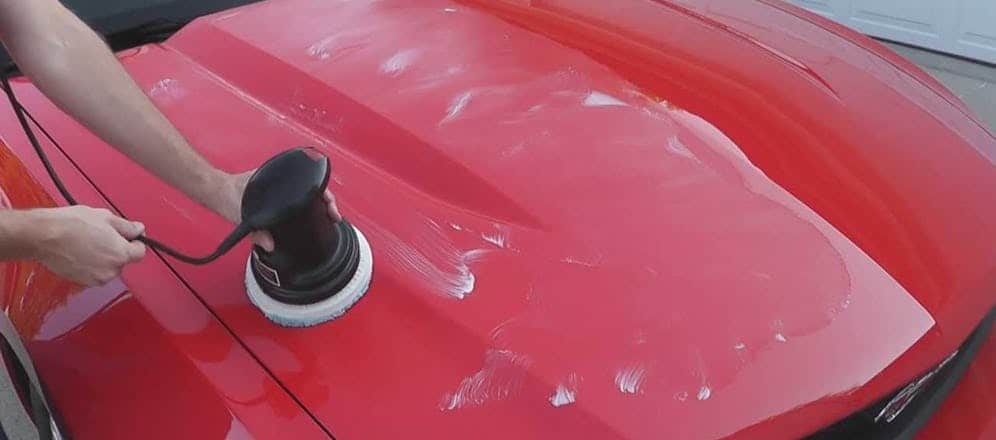
Pros of Liquid Wax
- Cheaper: The liquid wax was initially developed as a cost-effective solution for paint protection.
- Easier to Apply: The liquid wax tends to be the easier of the two. Spray versions are easier than the thicker liquid substance.
- Lasts Longer: The average liquid wax will hold up for up to 6 months. When you get into the paint sealant department (which is a liquid wax on steroids) that can expand to up to a year.
Cons of Liquid Wax
- Takes Longer to Dry: While it’s easier to apply the liquid wax, the formulation takes longer to initially flash or remove. Multiply this by the entire vehicle, and it can test your patience.
- Apply – Remove – Apply: Like the paste wax, liquid products should be removed prior to reapplying. The reason for this is that wax requires a clean surface to bond.
- Does not Enhance Shine Well: The liquid wax does not provide the depth and enhanced shine like paste wax. This is due to the reduced natural oils in these formulations.
So – Liquid or Paste Wax? Which is Best for You?
The job of paste and liquid wax is simple – provide protection and reduce fading of paint. So, how do you choose between the two? Here are some bullet points to consider when selecting between a paste and liquid wax.
WHICH IS EASY ON PAINT: Liquid wax is gentler on the clear coating on your paint. This property makes it an alluring option for new cars, trucks, and SUVs.
WHICH IS EASIER TO APPLY: For the novice, the liquid wax is typically the most user-friendly.
WHICH IS BETTER FOR OLDER PAINT: Carnauba wax is infused with a lot of natural oils. This helps to add ‘moisture’ to the paint, providing additional depth and restoring brilliance.
WHICH LOOKS SMOOTHER: Carnauba wax applies exceptionally smooth. This means it leaves a flat layer of protection, which reduces dull spots in the paint.
EASIER TO REMOVE: The liquid wax is easier to remove than a paste wax. You’ll invest a lot of elbow grease removing paste wax.
BEST FOR UV PROTECTION: We’ll give the edge to the one with the most natural carnauba wax. Carnauba is often added to liquid products, so this doesn’t always push the advantage to paste wax.
WHICH ONE PROTECTS DAMAGED PAINT: When you get a deep scratch and can’t afford to fix it professionally, carnauba paste wax makes a great part time solution.
BEST FOR EXTREME WEATHER CONDITIONS: For those living in hot climates, the paste wax will work just like it does down in Brazil. For those in colder climates, the liquid wax with synthetic ingredients is better.
Wrapping it Up
While we produce an exceptional DIY nano ceramic coating, car wax is still a viable option for many car enthusiasts. And quite frankly, there is nothing wrong with using it. Today’s formulations are much better than ever before and provide car lovers with a plethora of customized options to select.
The best advice we can offer to those wondering which wax is best for your car is to choose one that fits your level of comfort, needs, and of course, your budget.

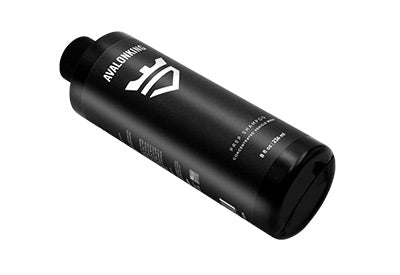
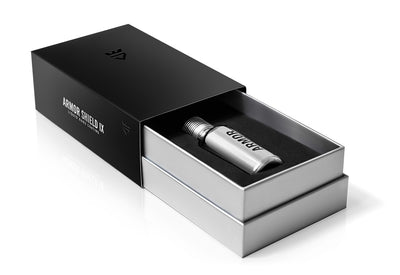
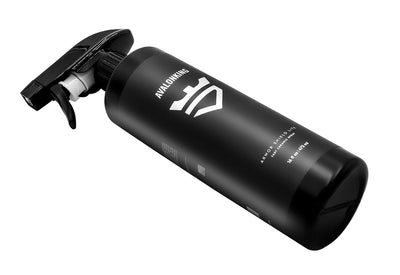
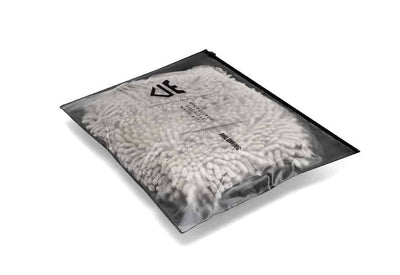
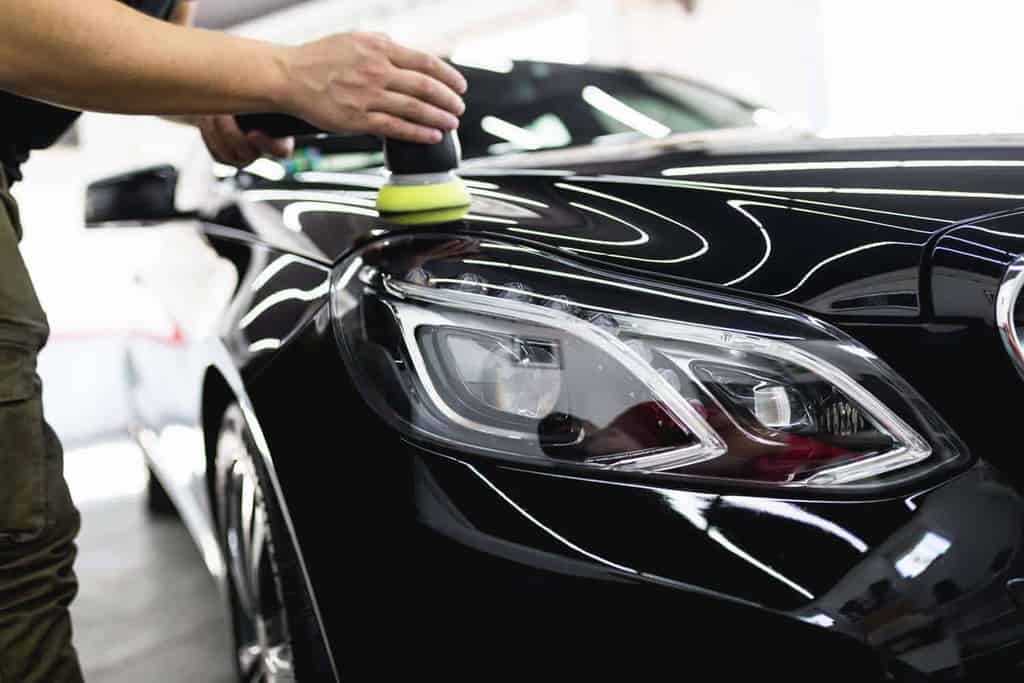
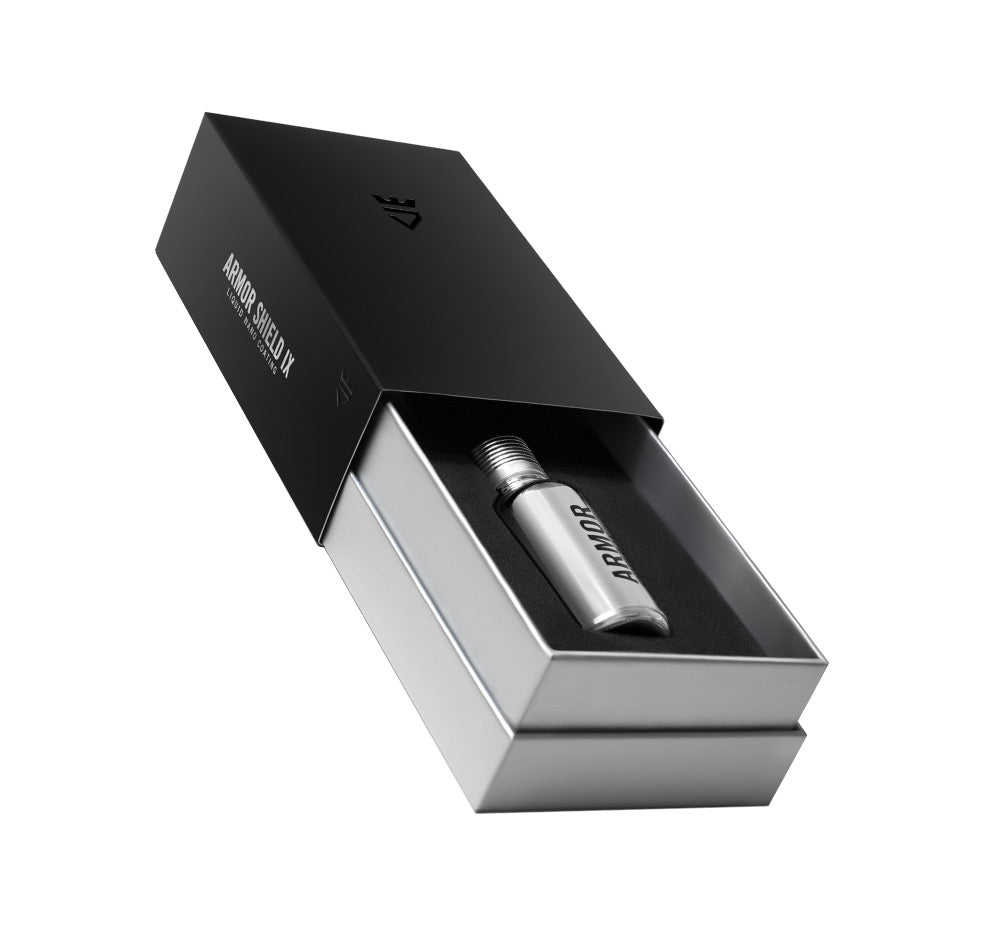
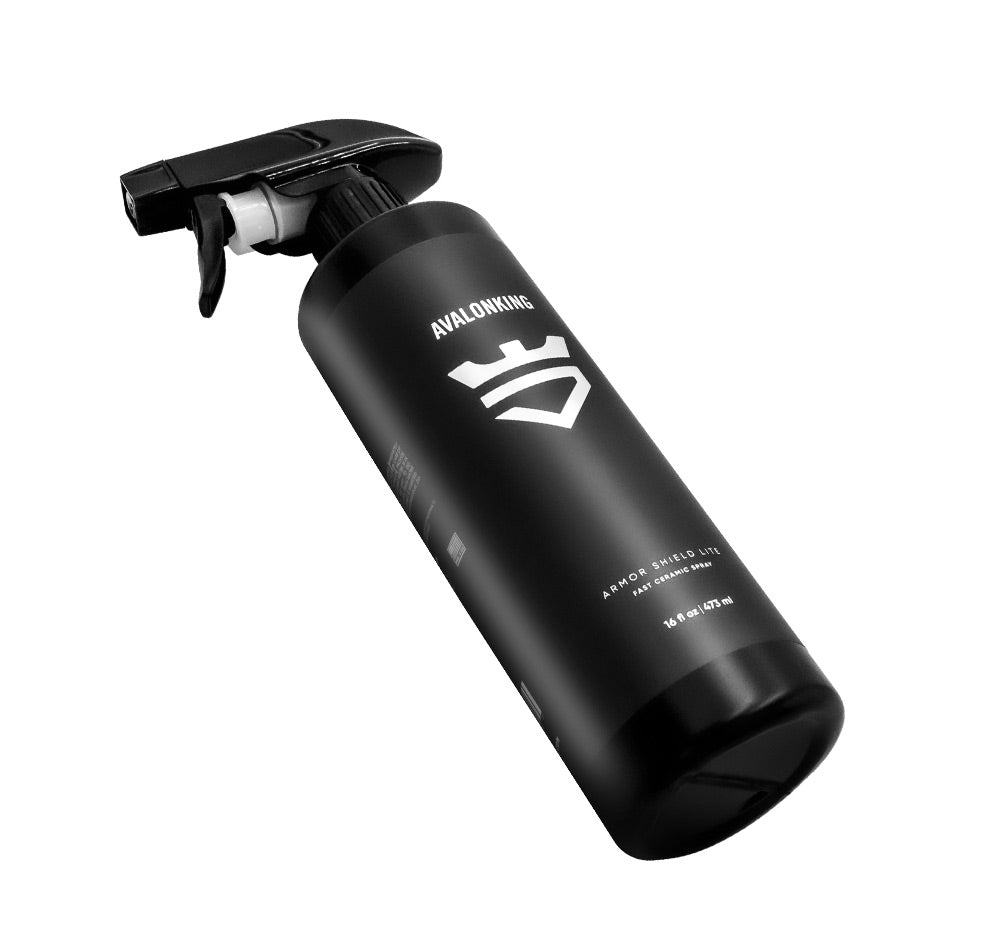
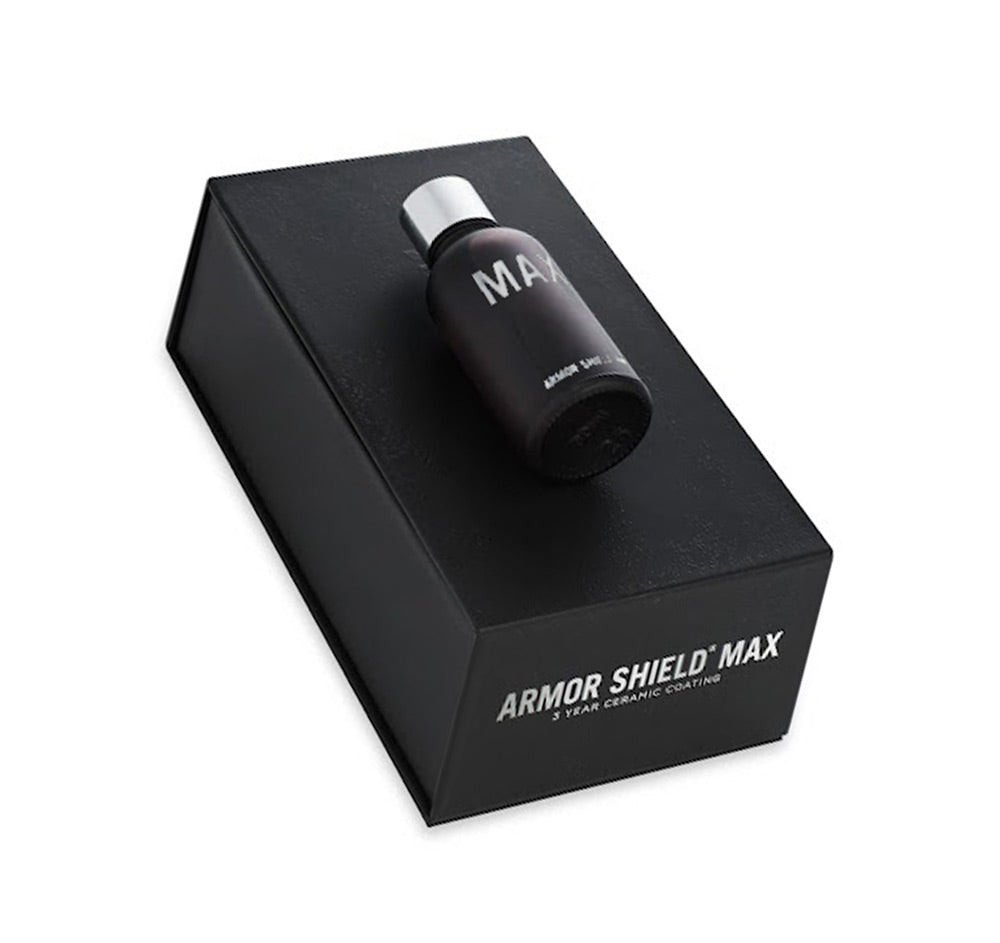
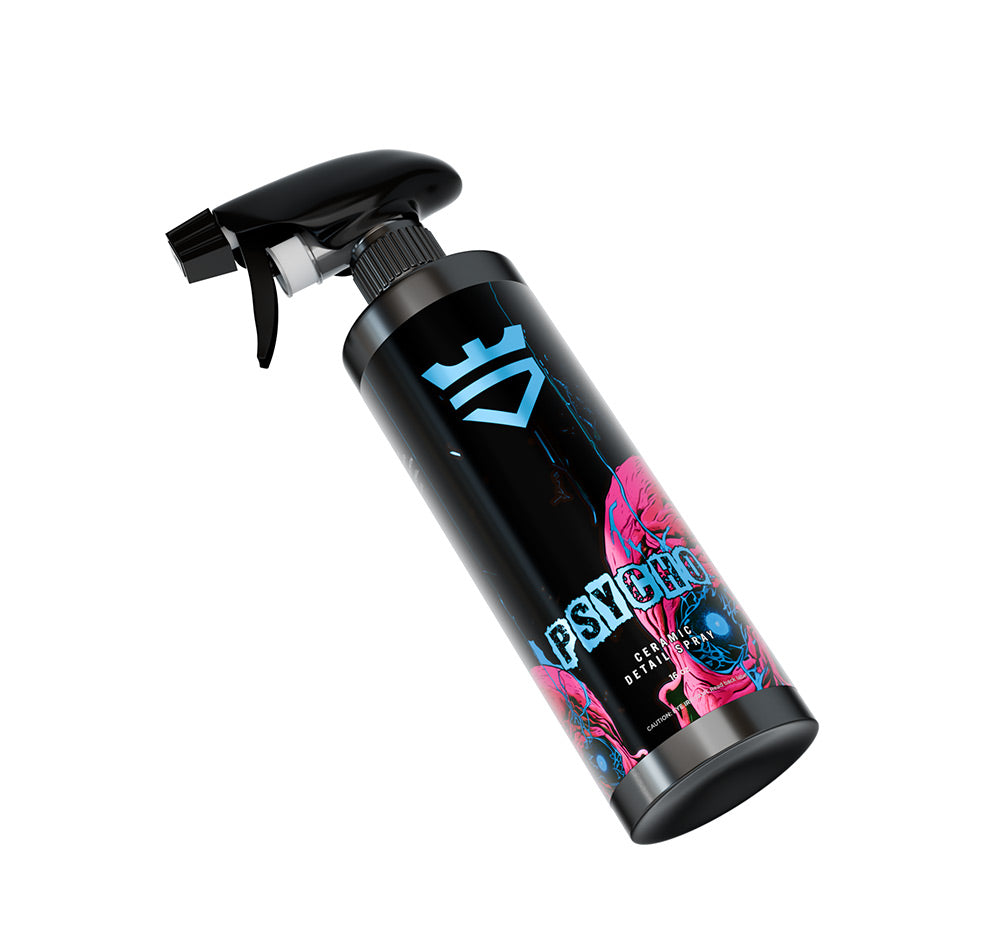
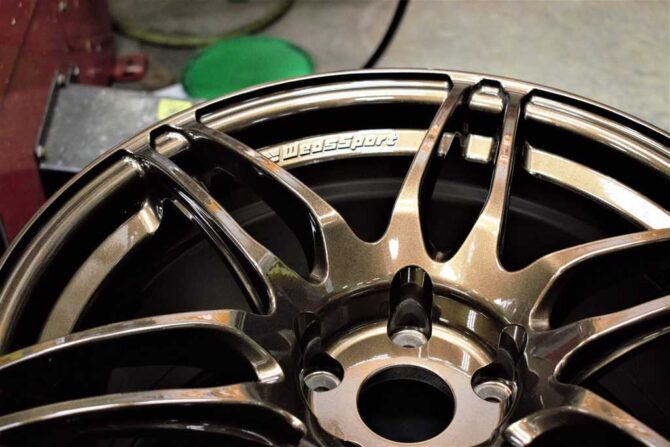
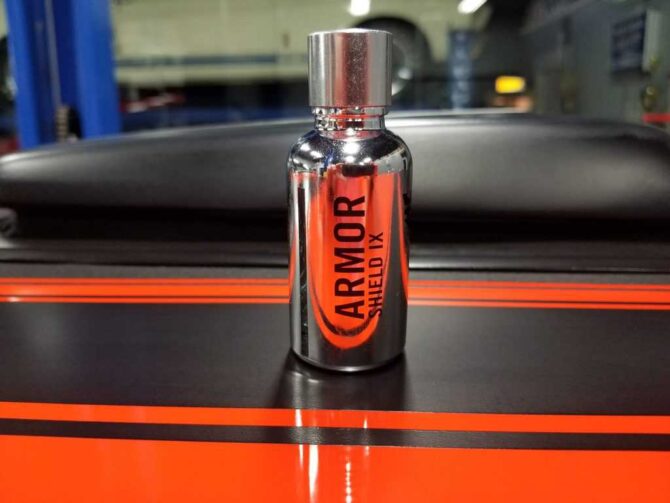

3 comments
Guy
Ive always used a liquid wax then moved onto thw spray sealants now im i terested in having a go with the paste wax (then id have used all 3 types and can decide what finish i like the most)
Ive always used a liquid wax then moved onto thw spray sealants now im i terested in having a go with the paste wax (then id have used all 3 types and can decide what finish i like the most)
David Vasilevski
Great article. I’ve only used liquid wax and when used in the proper sequence where the car is througly washed, clayed, dried etc. It is very easy to apply and buff off w a microfiber towel and leaves a very glossy shine. I’ll try paste next just to see what it’s all about, but this article has helped me decide on sticking w the liquid wax on my vehicles overall.
Great article. I’ve only used liquid wax and when used in the proper sequence where the car is througly washed, clayed, dried etc. It is very easy to apply and buff off w a microfiber towel and leaves a very glossy shine. I’ll try paste next just to see what it’s all about, but this article has helped me decide on sticking w the liquid wax on my vehicles overall.
Breez
This article was very well written leaving an door open to a novice’s understanding of the difference approaches and application of wax. On Point with the palm tree. Thank you!!
This article was very well written leaving an door open to a novice’s understanding of the difference approaches and application of wax. On Point with the palm tree. Thank you!!